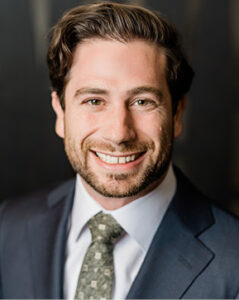What’s happening: Last week, members of the Senate subcommittee that oversees the Office of Health Care Affordability’s (OHCA’s) budget expressed deep concern with the agency’s work. Committee Chair Sen. Akilah Weber Pierson (D-San Diego) noted that, “At the end of the day, something has to give. Either [the hospitals] won’t make it and be penalized, or they have to cut services — and either way, the people who will pay are the patients.”
What else to know: Sen. Weber also championed a letter to the OHCA board, signed by 10 of her colleagues, asking pointed questions about the negative consequences of OHCA’s targets on access to care, as well as how savings generated would be passed along to consumers.
The May 1 Budget Subcommittee on Health and Human Services hearing included routine updates from several state departments, including the Department of Health Care Access and Information (HCAI), OHCA’s parent department. HCAI Director Elizabeth Landsberg provided an update on OHCA’s work to date, including the board’s adoption of statewide and hospital sector spending targets.
Committee members Sens. Caroline Menjivar (D-Van Nuys) and Shannon Grove (R-Bakersfield) pressed Director Landsberg about:
- The potential negative consequences of the reduced hospital sector spending target on consumers and providers
- Whether potential savings generated under the target will be passed on as lower health insurance premiums to consumers
- Whether the target accounted for costs associated with inflation (estimated at 5.1% by the Legislative Analyst’s Office) and state mandates (e.g., seismic, health care worker minimum wage)
In her comments, Sen. Grove stated, “What I see you doing […] is just going to devastate hospitals.”
Sen. Weber concluded the discussion declaring, “We’re living in a fantasy world” if hospitals are expected to meet a spending cap while also devoting extraordinary sums to meet legislative mandates. She also shared that she is “flabbergasted” there is no clear way of measuring whether individuals actually see reductions in what they pay for care. A recording of the hearing is available online; the OHCA-specific portion starts at 38:37.
Ahead of the hearing, CHA worked to help lawmakers better understand the unintended consequences that will result from OHCA’s work, encouraging them to engage with the board and protect patients’ access to care. CHA also engaged in the hearing’s public comment portion along with several members, reiterating the field’s deep concerns with OHCA’s approach.




